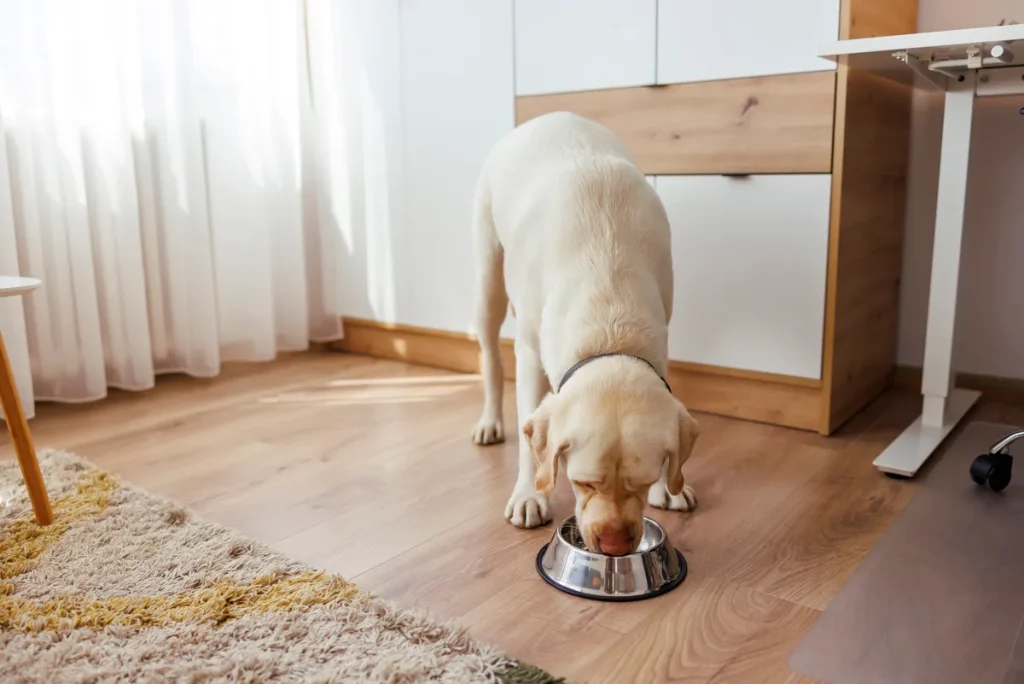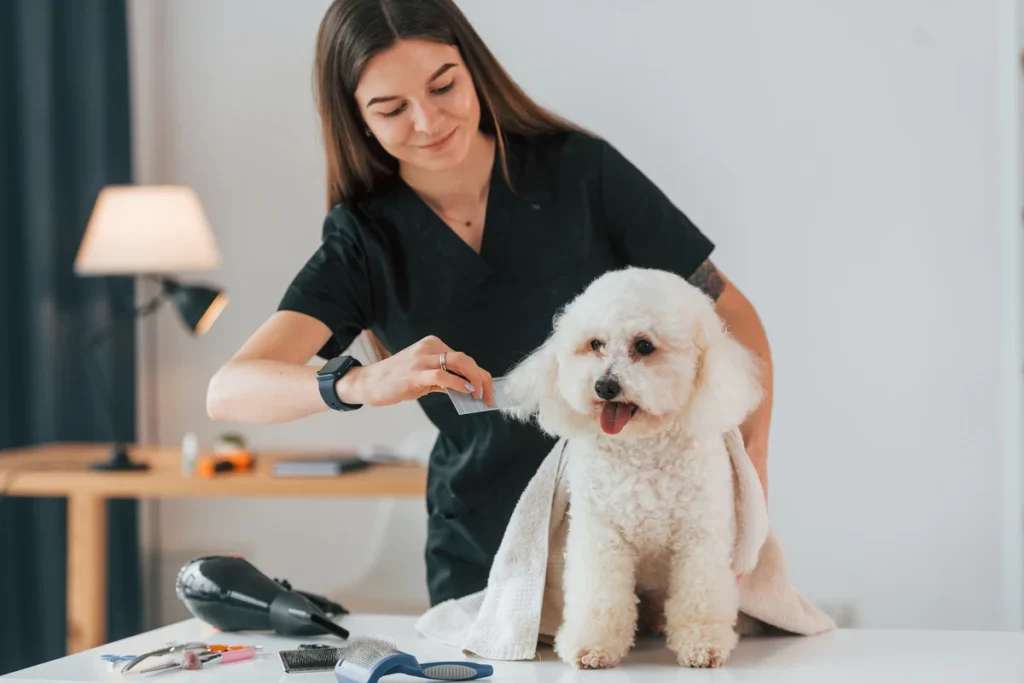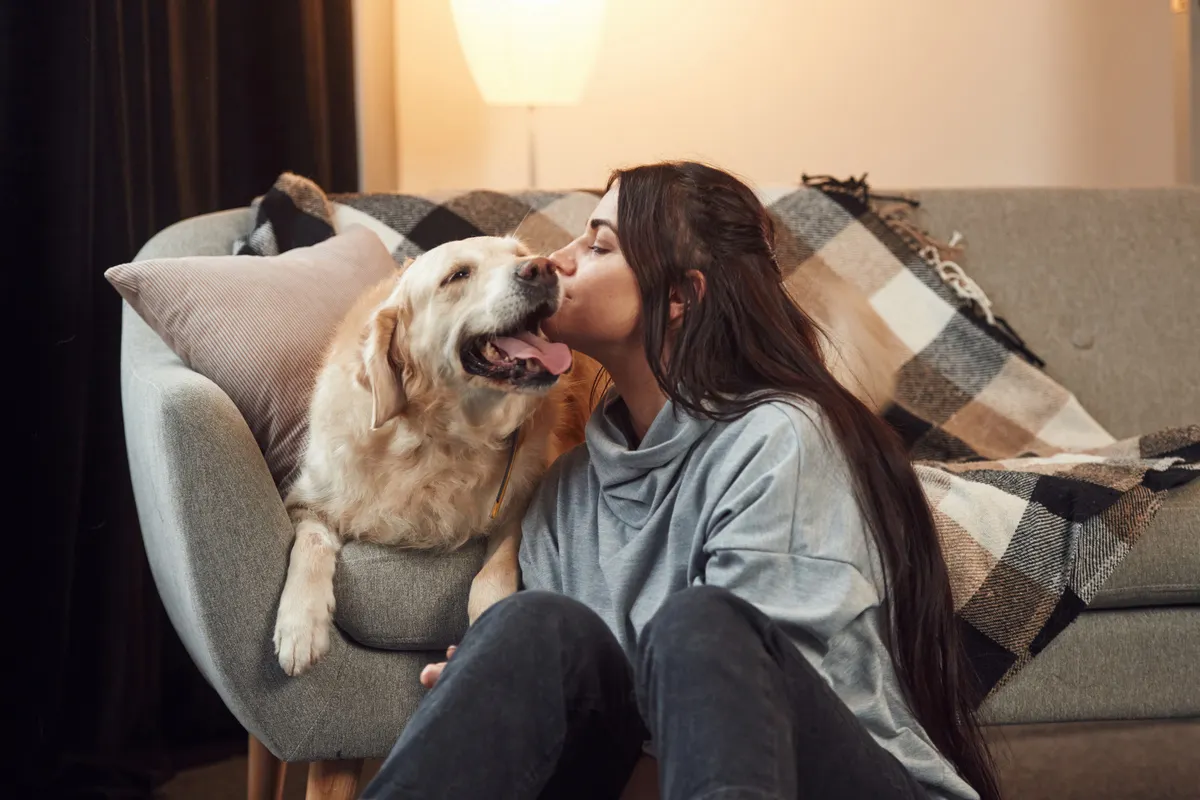Are you thinking about getting a furry friend? Owning a dog is one of the most rewarding experiences, and your pooch can provide you with love, affection, and plenty of belly rubs. However, owning a dog is also a major expense that can affect your finances in the long term. From the initial expenses to the ongoing pet care costs, it’s important to understand the true cost of owning a dog before adopting one.
In this blog post, we’ll explore the different factors that contribute to the cost of owning a dog, from health care expenses to pet insurance costs.
The Joys of Owning a Dog
First things first, let’s talk about the joys of owning a dog. Nothing compares to the feeling of coming home to your furry friend, wagging their tail with excitement to see you. Dogs provide companionship, loyalty, and unconditional love that can’t be matched. They also offer numerous health benefits, such as reducing stress, decreasing blood pressure, and improving overall mood.
However, before you bring home a new furry family member, it’s important to understand the financial commitment it takes to keep them healthy and happy. Many new pet owners are caught off-guard by the true cost of owning a dog. So, let’s break down the expenses and get a better understanding of what you can expect before becoming a pet parent.
The True Cost of Owning a Dog
1. Initial Expenses

The first set of costs you’ll encounter as a new pet parent are the initial costs. These costs include everything from adoption fees, spaying or neutering, and basic supplies such as a leash, collar, and food bowls. Depending on where you live and your pet’s age and breed, initial expenses may vary. Here are some common costs to expect:
- Adoption fees: $75-$500
- Spaying or neuter surgery: $150-$500
- Collar and Leash: $20-$50
- Food and Water Bowls: $10-$30
- Crate or Kennel: $50-$200
- Toys: $20-$50
- Training pads: $25-$50
These expenses are just average costs, and the actual prices may vary depending on your location and the type of pet you adopt. Keep in mind that these are one-time expenses. You’ll only have to purchase them once unless you adopt another furry friend in the future.
2. Ongoing Costs – Monthly Pet Expenses
Now that you’ve covered the initial expenses, it’s time to look at the ongoing costs. Owning a dog can be expensive, but it’s worth it when you see your furry friend happy and healthy. Here are some of the monthly expenses to expect:
- Food: $50-$150
- Preventive Medications: $20-$50
- Pet Sitter or Dog Walker: $20-$50
- Grooming Costs: $30-$100
- Professional Grooming Services: $50-$150
Let’s break down each one.
3. Food

The cost of food depends on your pet’s size, breed, and nutritional requirements. High-quality dog food can be more expensive, but it can help improve the longevity and health status of your furry friend.
On average, you can expect to spend around $50 to $150 per month on high-quality dog food. While it may seem like a significant investment, ensuring your pup receives the right nutrition can contribute to their overall health and happiness.
4. Preventive Medications
Preventive medications such as flea and tick treatments and heartworm medications are necessary to keep your pet healthy. These medications can vary in cost depending on your pet’s weight and health status. Preventive care, such as flea and tick treatments and heartworm preventatives, play a pivotal role in maintaining your dog’s overall health and happiness.
5. Pet Sitting or Dog Walking Services
If you work long hours or are away from home for an extended period, you may need to hire a pet sitter or dog walker. These services can help keep your furry friend cared for and happy. While this isn’t a cost all dog owners will face, it is something to consider if you aren’t home much. Dogs are social beings, so you shouldn’t leave them home alone for extended periods of time. You want to make sure your pup is taken care of and loved, so consider hiring some help if this is your situation.
6. Grooming Costs

Grooming your furry friend is not just about keeping them looking adorable. Frequent grooming is important to maintain a dog’s hygiene and prevent health issues.
If you don’t have the time or resources to groom your dog at home, you may need to take them to a professional groomer. These services can cost between $50-$150, depending on your furry friend’s size and breed.
Investing in quality grooming supplies for at-home maintenance can help offset some of these costs if you’re up for the challenge. Basic grooming tools such as a brush, shampoo, and nail clippers can cost between $50-$100.
7. The Cost of Veterinary Care
One of the largest pet care expenses every pet owner must consider is veterinary care. Your furry friend will need regular check-ups, dental cleanings, and vaccinations to help keep them healthy. Unfortunately, vet bills can add up quickly, and some unexpected medical expenses can put a dent in your wallet.
Let’s break down some of the common costs associated with veterinary care:
- Annual Veterinary Visit: $100-$300
- Vaccinations: $20-$50 each
- Dental Cleanings: $150-$300
- Common Medical Expense: $200-$500
- Emergency Vet Care: $500-$1,000 or more
Before adopting a dog, make sure you can cover these expenses. Consider setting up a savings plan to help offset the cost of unexpected expenses and emergency veterinary bills.
8. Pet Health Insurance – A Significant Expense
Pet insurance policies can be a major expense, but it’s important to consider it. Veterinary costs can spiral out of control if you don’t have adequate coverage. Pet health insurance costs can vary based on your pet’s age, breed, and medical history. Prices can range from $25 to $100 per month. For most pet owners, the monthly cost of pet insurance is well worth the peace of mind that comes with knowing your furry friend is covered in case of an emergency.
9. Unexpected Expenses
Lastly, let’s talk about unexpected expenses. No matter how careful you are, unexpected pet care expenses can occur. These costs can include anything from a torn ACL (an injury that commonly occurs in dogs) to a severe illness. It’s important to be prepared for these unexpected costs. While it’s impossible to anticipate every eventuality, having a fund set aside for emergencies can help cover additional expenses.
Conclusion
Owning a dog is one of the most significant financial commitments you can make. Now that you have a better understanding of the cost of owning a dog, you can make an informed decision about whether pet ownership is right for you.
While owning a dog can be expensive, the joy and companionship you receive in return are priceless. By being prepared for the initial expenses, ongoing costs, and unexpected pet care expenses, you can provide your furry friend with a happy and healthy life. So, go ahead and adopt that furry friend you’ve been dreaming of – you won’t regret it!

